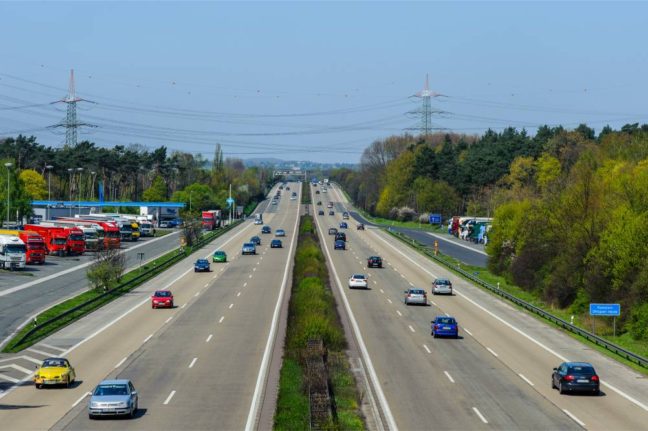After a car accident that is your fault, you should stay calm, call 911 if needed, call the police, trade information with those involved, and document evidence.
In this article, we’ll break down what ‘fault’ means in an accident, its significance, and what actions to take–such as contacting a Virginia Beach car injury lawyer–after an accident if you suspect you’re at fault.

Understanding Fault in Car Accidents
The laws around car accidents can be complicated; for instance, how long you can claim an injury after a car accident can vary state to state. However, being ‘at fault’ for a car accident is fairly consistent–it means you’re deemed responsible for causing the incident. In the context of car insurance claims and personal injury lawsuits, the at-fault driver is typically the one who acted negligently.
Proving Fault
Proving negligence and liability involves demonstrating four key elements:
- The driver had a duty to act (or not act) in a certain way.
- The driver breached this duty.
- This breach directly caused a traffic accident.
- Another party suffered injuries and incurred economic damages.
For instance, if a driver runs a red light and hits your car, they failed in their duty to stop at the red light. This failure led to the collision, causing you injuries that required hospitalization. Under Virginia law, you are entitled to seek compensation from the at-fault driver for your expenses and losses.
Steps to Take After Causing a Car Accident
If you’ve caused a car accident, or think you might have, the first step is to stay calm. While it may be challenging, keeping your composure is crucial to handle the situation properly.
Don’t Leave the Scene
Leaving the accident scene is not only unethical but also illegal. Stay where you are and stay composed.
Don’t Admit Fault
This might be harder than it sounds. You may feel nervous and want to talk, but try to avoid discussing how the accident occurred and talking about fault.
Don’t Discuss the Accident
Avoid talking about the accident details with the other party, their insurance adjuster, or attorney. Be honest with the police and your insurance company, but stick to the facts.
Other Key Steps
Check on Everyone’s Safety
Ensure everyone in your vehicle is okay. Check on others involved in the accident, too. If anyone needs medical attention, call 911 immediately.
Call the Police
It’s in your best interest to notify police of any significant damage. When they arrive, be cooperative, polite, and provide an honest account of the incident.
Collect Evidence
Gather essential information, including the names, email addresses, phone numbers, and addresses of all involved parties and witnesses. Use your cell phone to take photos of the scene, including vehicle damage, debris, property damage, and any elements that contributed to the accident, like broken traffic lights or obstructed views.
Notify Your Insurance Company
Although it might be unpleasant knowing your rates could increase, reporting the accident to your insurance company is necessary.
Exchange Information
Collect phone numbers, email addresses, insurance details from other drivers, and contact information from witnesses.
The Way Forward
Handling the aftermath of a car accident where you’re at fault requires a calm and composed approach. Stay at the scene, avoid admitting fault, and be polite to all involved. Prioritize safety by checking for injuries and calling 911 if needed, and notify the police and comply with their instructions.
Collect evidence, exchange information, and report the incident to your insurance company. Of course, consulting an experienced attorney from Coastal Virginia Law can provide valuable guidance!
Following these steps ensures that you manage the situation responsibly and protect your legal rights, paving the way for a smoother resolution to the incident. If you have more questions about the legal aftermath of car accidents, check out our post on whether or not you’re liable if your spouse causes a car accident.



